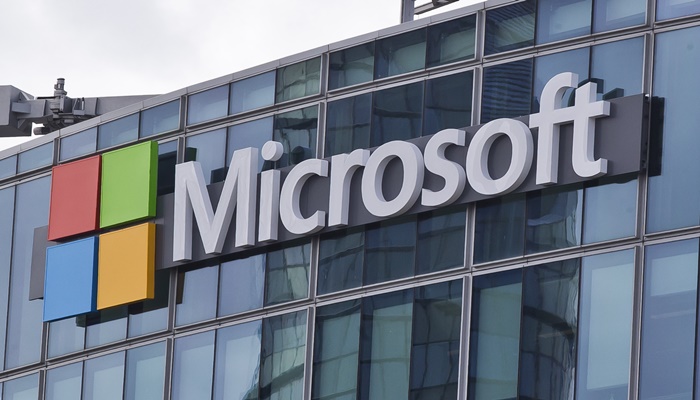Microsoft, 126 more tech companies support legal challenge to Trump entry ban

A giant list of leading U.S. technology companies signed on to a legal filing objecting to President Trump’s ban on entry into the U.S. for citizens of seven Muslim-majority countries.
A roster of leading U.S. technology companies, including Microsoft, Apple, Google and Facebook have threw their weight behind Washington state’s objection to the Trump Administration’s order banning entry for citizens of seven majority-Muslim countries.
The companies, 97 in the initial late-night filing, were among the first filers of “friend of the court” briefings weighing in on the federal government’s appeal to Washington state’s victory in its challenge of President Trump’s entry ban. By the end of Monday, more tech companies had joined the brief, bringing the total to 127 businesses.
The order, the technology companies said, violates immigration laws and the constitution, inflicting “significant harm on American business, innovation, and growth.”
Executed by Trump late last month, the order banned entry to the U.S. for three months for citizens of seven Muslim-majority nations: Iran, Iraq, Libya, Somalia, Sudan, Syria and Yemen.
The administration said it was aimed at protecting the U.S. from terrorism; it immediately prevented refugees and permanent residents of the U.S. alike from entering the country, creating chaos at airports and sparking opposition from civil rights groups and many companies.
Washington state Attorney General Bob Ferguson challenged the order in federal court, and U.S. District Judge James Robart on Friday ruled in favor of the state, issuing an emergency injunction that prevented the government from enforcing the order at U.S. borders nationwide.
“Immigrants,” the technology companies’ filing Sunday said, “make many of the Nation’s greatest discoveries, and create some of the country’s most innovative and iconic companies. Immigrant s are among our leading entrepreneurs, politicians, artists, and philanthropists.”
Companies signing onto the brief include Airbnb, eBay, Intel, LinkedIn, Netflix, Twitter and Uber.
“There is no precedent for an order like this one in magnitude or kind,” the filing said.
Source: The Seattle Times






